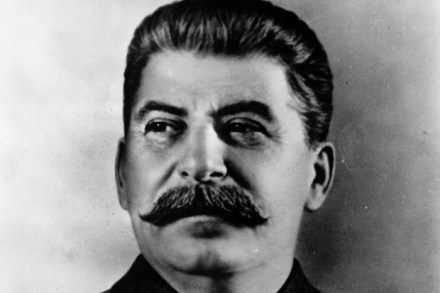The gripping story of the failed NKVD officer who fooled the FBI and the CIA
This is not quite another story about a man who never was. But it is about a man who certainly wasn’t what he said he was. The context is Russian intelligence operations of the 1930s, especially those of the NKVD (known later as the KGB) during the Spanish civil war. In Britain we tend to see 1930s/1940s espionage through the prism of the Cambridge spies — Philby, Burgess, Maclean, Cairncross and Blunt, the so-called Ring of Five — but, as Boris Volodarsky points out, the full picture is much wider. By 1937, he reckons, the Russians had over 100 agents and collaborators in Britain alone, with many more in other




















